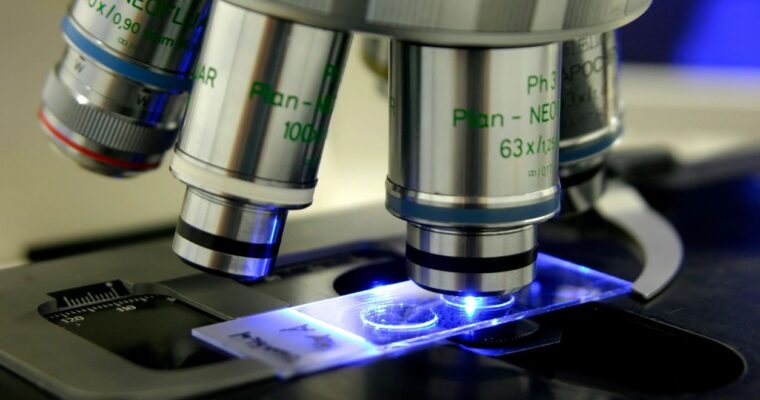Mitochondria, the “powerhouse” of cells, produce ATP in the cell, and they are a primary producer of energy (ATP) for the body.
If mitochondria are not functioning correctly, obesity, insulin resistance, and the development of T2DM are likely to occur. Damaged mitochondria in pancreatic b-cells contribute to the development of T2DM because they contribute to oxidative stress in the cell.
Mitochondrial dysfunction in pancreatic cells may also contribute to the cellular dysfunction of the pancreatic b-cells responsible for producing insulin. Over time, this dysfunction leads to b-cell death and a decreased ability to make the insulin necessary for glucose uptake. Consequently, an overproduction of oxidants and proinflammatory cytokines result from chronic excess blood glucose levels.
In one cited study, 17 patients who exercised over 12 weeks saw improvements in insulin sensitivity and fat oxidation. Daily caloric restriction and exercise in patients with T2DM increases mitochondrial biogenesis.
Pharmacological intervention to enhance mitochondrial biogenesis is warranted in the treatment of T2DM. However, lifestyle modification (increased exercise and focus on quality food intake) seems to be more generally accepted as the superior treatment.
References
Pinti, M. V., Fink, G. K., Hathaway, Q. A., Durr, A. J., Kunovac, A., & Hollander, J. M. (2019). Mitochondrial dysfunction in type 2 diabetes mellitus: an organ-based analysis. American journal of physiology. Endocrinology and metabolism, 316(2), E268–E285. https://doi.org/10.1152/ajpendo.00314.2018
Rakel, D. (2017). Integrative Medicine, 4th Edition. Philadelphia, PA: Elsevier
Wada, J., Nakatsuka, A. (2016). Mitochondrial dynamics and mitochondrial dysfunction in diabetes. Acta Medica Okayama, 70(3). 151-8.



